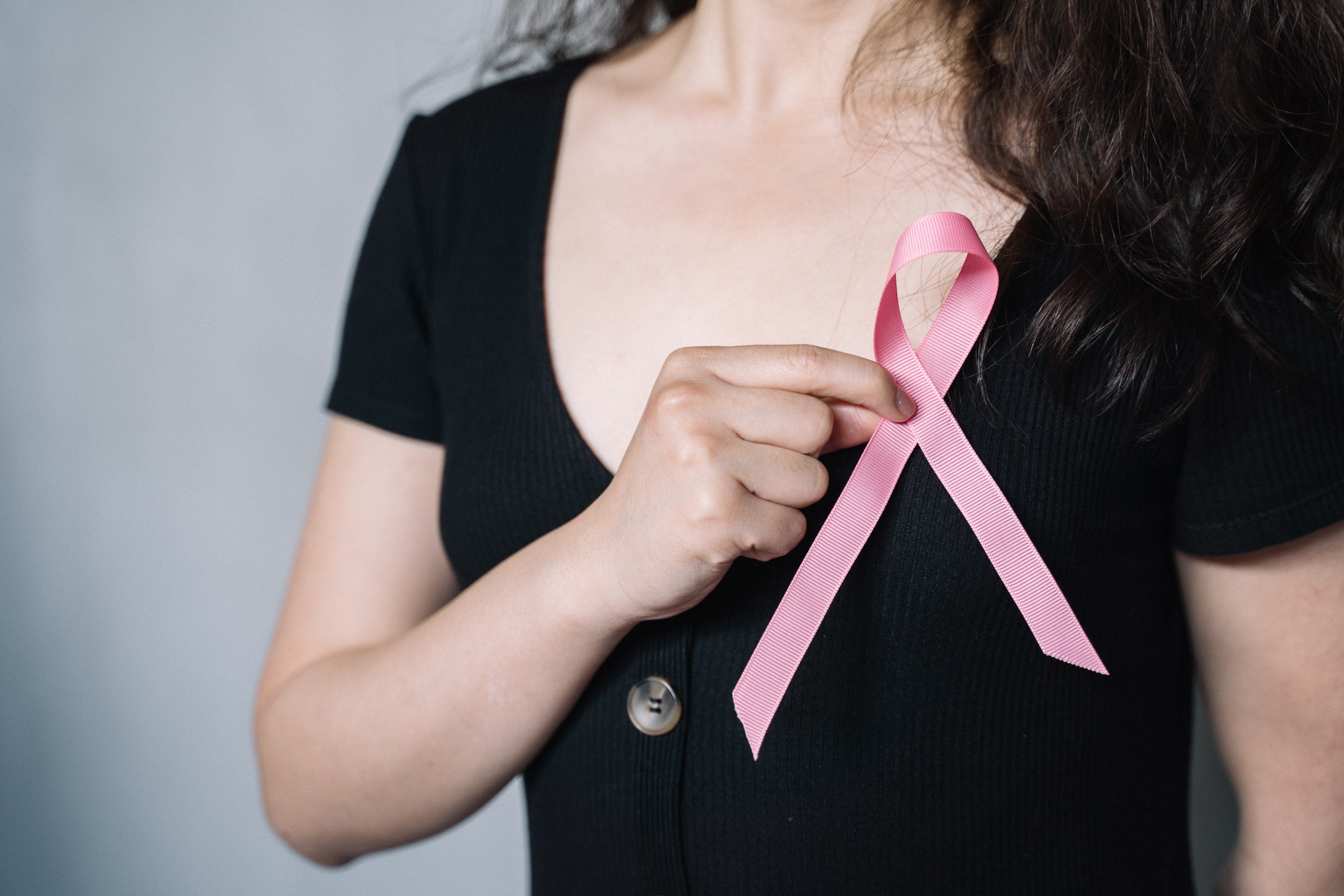5 Things Every Woman Should Know About Breast Cancer
Published 3:35 pm Tuesday, October 10, 2023
|
Getting your Trinity Audio player ready...
|
By: Laura Gros, RN, CBCN
Patient Care Coordinator, Thibodaux Regional Cancer Institute
While summer’s Barbie hit movie prompted a profusion of color-coordinated pink, the hue takes on a different meaning in October with Breast Cancer Awareness Month. This annual observance reminds us that the disease remains second only to skin cancer as the most common cancer in American women.
Considering the two greatest risks for breast cancer are being born female and getting older, the fears linger with more than half the US population. To help combat those fears, here are five basic things every woman should know about breast cancer, screening guidelines, risks and treatments.
- Incidence and mortality rates remain high.
Despite more than a half century of dedicated research, 1-in-8 women develop breast cancer with one person being diagnosed every two minutes in the US. Louisiana has one of the highest incidence and mortality rates in the country. Even more alarming, breast cancer is the most common cancer for Black women.
While men can be diagnosed with breast cancer, it primarily remains a disease affecting women and specifically older women. The median age at the time of diagnosis is 62.
- Get with the guidelines.
Early detection through screening and increased awareness remain key to good outcomes. Screening mammograms are designed to detect cancer early. The average breast lump discovered by digital mammograms is .236 inches in diameter as compared to the average .984-inch lump found with self-examinations.
- The following guidelines are recommended to help women take charge of breast health:
- Begin screening mammograms between ages 40 and 44
- Continue annual mammograms from ages 45 to 54
- At age 55, women of average risk can continue annual mammograms or switch to every other year, depending on preference
- Screening should continue as long as a woman is in good health and expects to live another 10 years or more
- Know your risk factors.
Women are at higher risk of developing breast cancer if:
- There is a family history in a first-generation relative (mother, sister, daughter)
- They have an inherited gene mutation
- They previously had breast cancer
- They underwent radiation to the chest between ages 10 to 30
- Risks can be decreased.
While you can’t change family history or aging, you can control certain lifestyle behaviors to decrease risks. ACS encourages women to eat healthily, stay active and don’t smoke. Other choices include:
- Limiting alcohol consumption to no more than one drink a day
- Limiting sugary drinks and dairy milk, which studies show increase risks
- Maintain good vitamin D levels
- Manage your weight, as being overweight after menopause increases chances of having breast cancer
- Multidisciplinary team treats breast cancer.
If you receive a positive diagnosis, depending on the stage and type of cancer, you may have different medical professionals on your treatment team including:
- Breast surgeon or surgical oncologist to remove the tumor
- Radiation oncologist, who uses various types of advanced radiology to target the cancer
- Medical oncologist to treat the cancer with chemotherapy, hormone therapy, immunotherapy or other targeted drug therapy
- Plastic surgeon who specializes in breast reconstruction
Thibodaux Regional Cancer Institute’s multidisciplinary team also includes a Patient Care Coordinator to help guide patients through the cancer care system. The navigator assist with tracking appointments, answering questions, simplifying information and directing patients to other resources and support they may need.
For more information call (985) 493-4008, or visit thibodaux.com.






